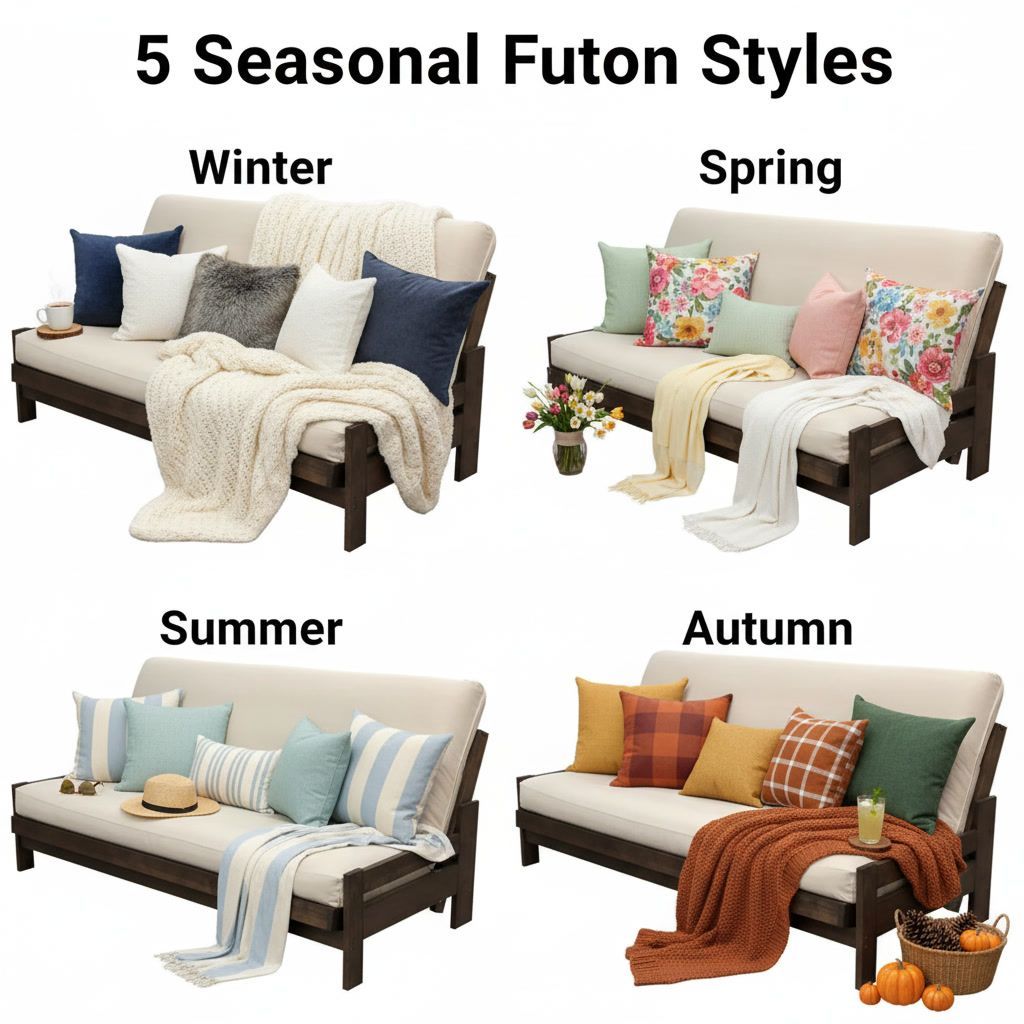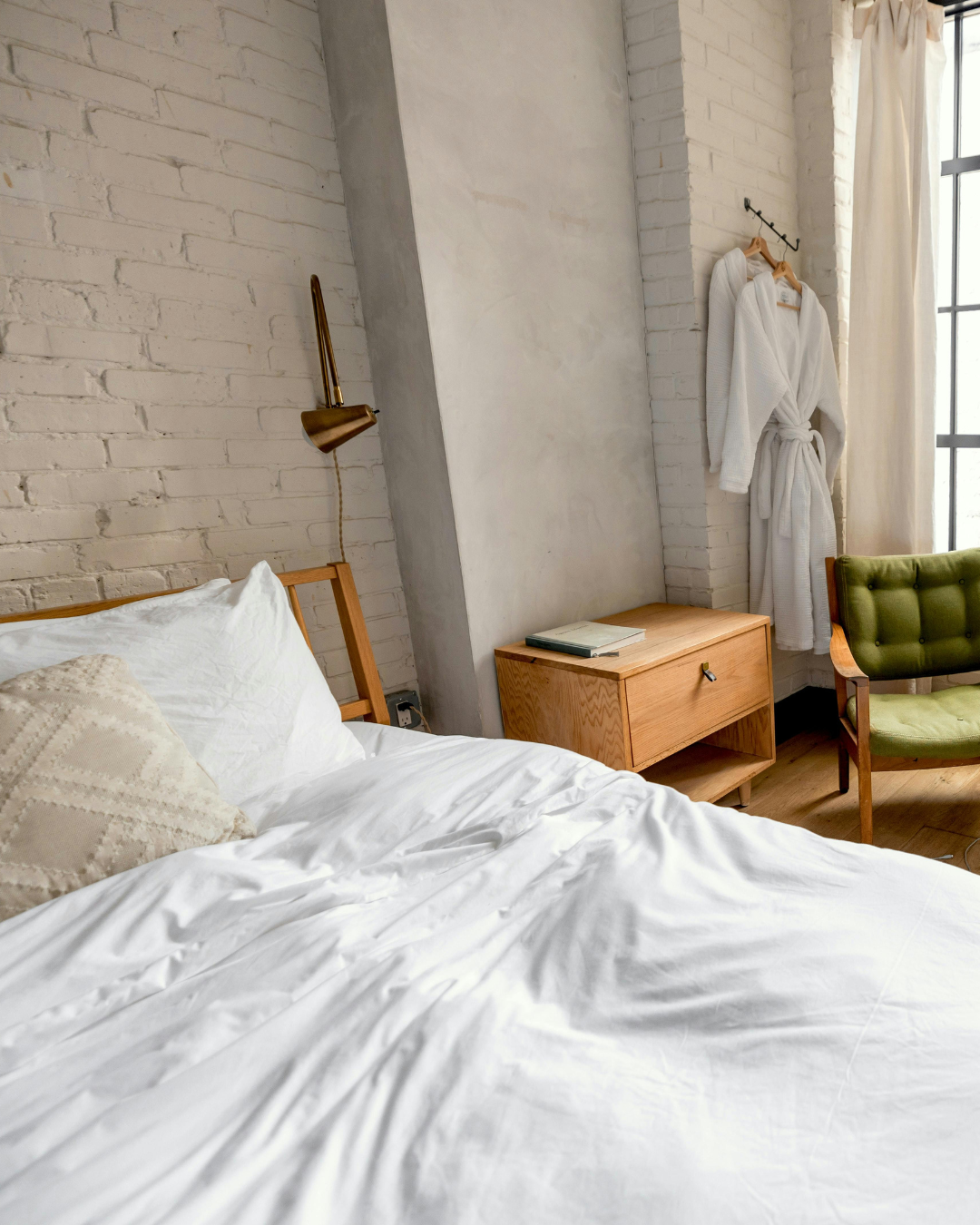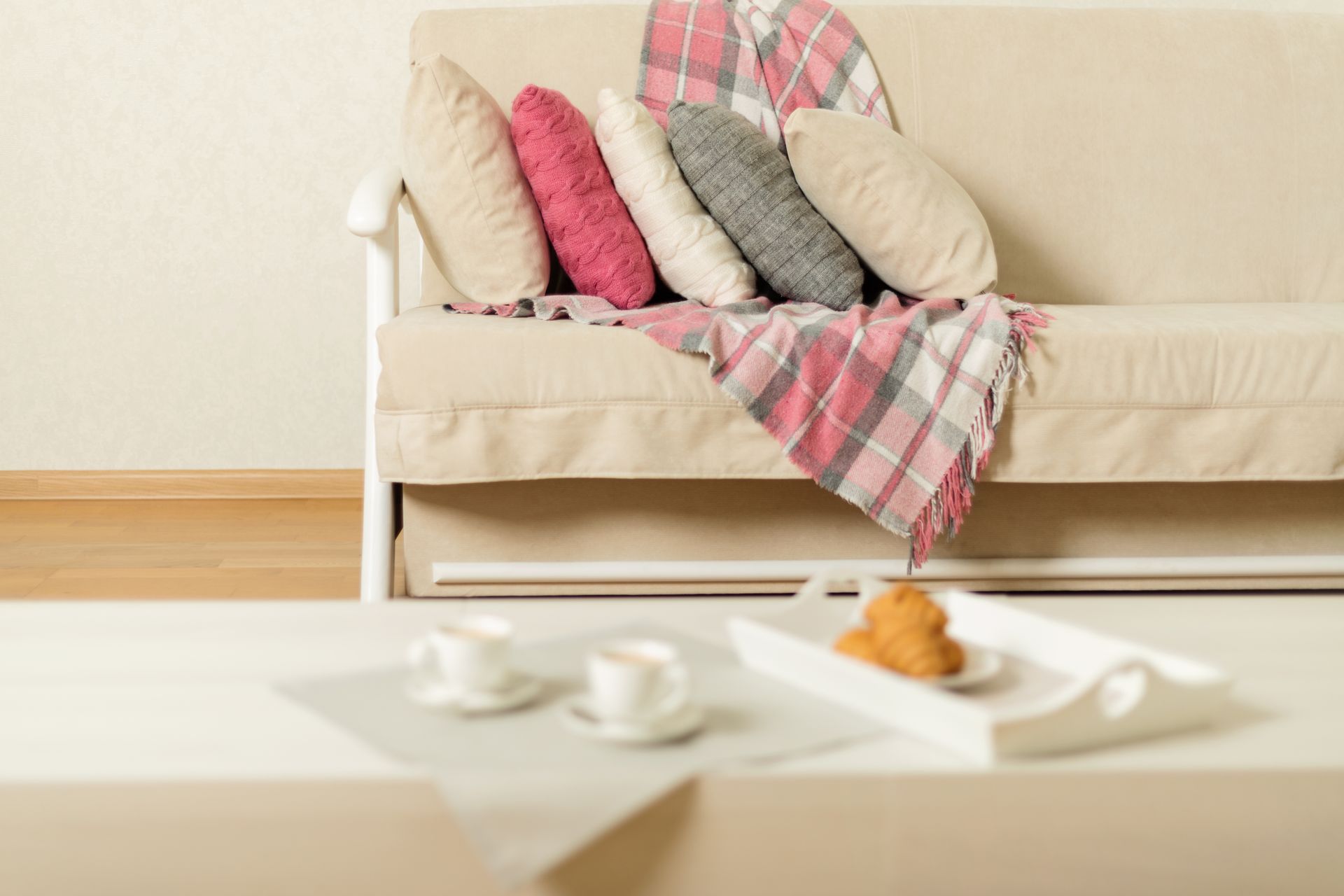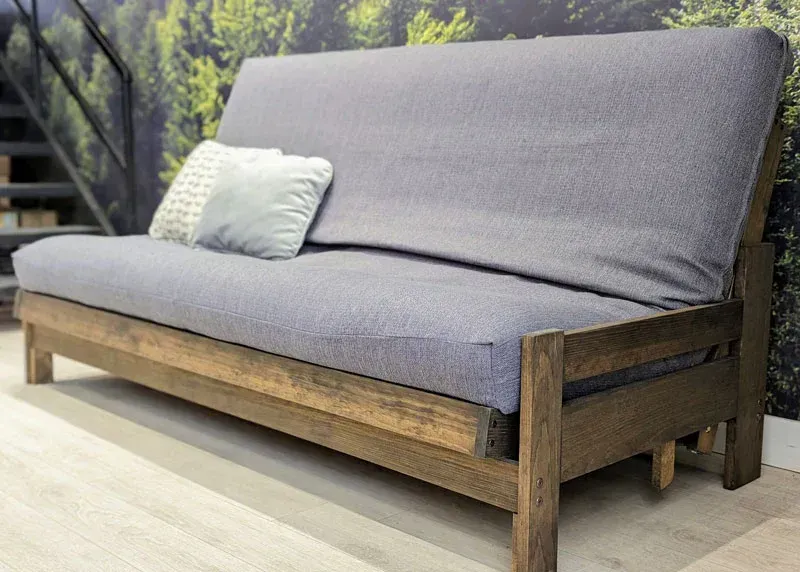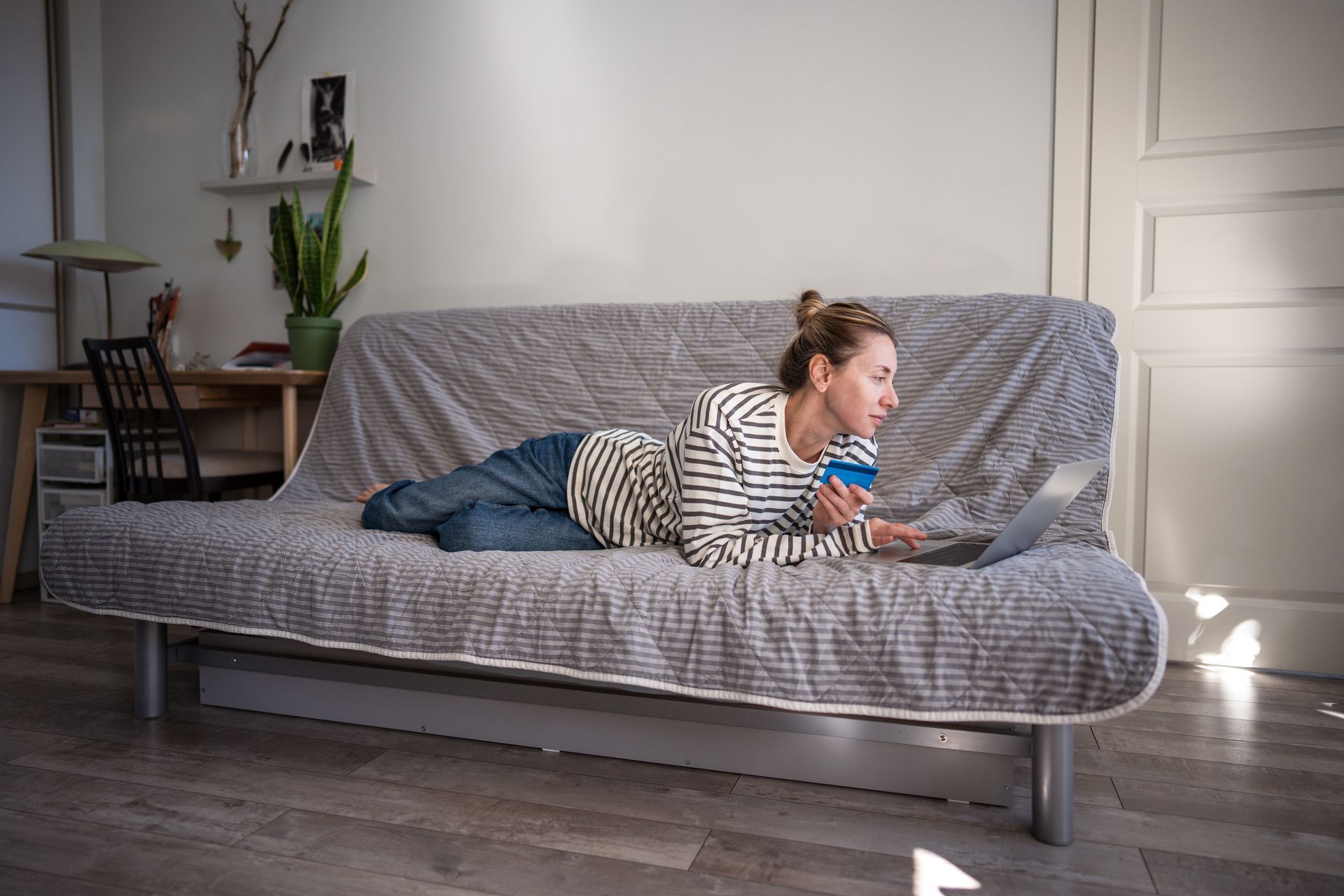The Perfect Nap - How Long Should a Nap Be?
When it comes to napping, there’s an age-old question that we all ponder - how long should a nap be?
It's easy to feel caught between the forces of wanting just enough sleep and finding our bodies falling into deeper slumber. Do you take 5 minutes for a quick power nap or invest in regular 30 minute siestas? We explore why it's important to find your perfect "nap sweet spot" and provide some strategies about exactly how long your lay-down should last.
The Benefits of a Good Nap – How short or long should it be for optimal rest and relaxation
We've all heard the common saying, "I just need a nap." But did you know that taking a nap has numerous benefits for our well-being? Studies have shown that taking a short 20-30 minute nap can improve alertness, memory retention, and reaction time. Longer naps lasting around 60-90 minutes can even boost creativity and problem-solving skills. However, it's important to note that napping for too long can leave you feeling groggy and negatively impact nighttime sleep quality. So, how long should your nap be for optimal rest and relaxation? It ultimately depends on your personal preference and schedule, but aiming for a short nap is the sweet spot for reaping the benefits without any negative impacts. So go ahead and embrace the power of a good nap – your mind and body will thank you for it.
Types of Naps – Power naps, siestas, or full-nap cycles
As much as we love to sleep, it’s not always possible to hit the snooze button and spend hours in bed. From work commitments to long to-do lists, we’ve all had those days when a full night’s rest just isn’t feasible. But fear not, for naps are here to save the day! Whether you prefer a power nap, siesta, or full nap cycle, there’s a nap solution for every level of exhaustion. Need a quick boost of energy? Try a power nap. Looking to soothe your body and mind? Indulge in a siesta. Or, if you have a little more time on your hands, go for a full nap cycle and wake up feeling like a brand new person. The options are endless, and your choice of naptime bliss is entirely up to you. So, go ahead and catch some Z’s – your body will thank you for it!
Setting Up the Perfect Environment for a Nap – Creating a comfortable space for rest
Napping can be a great way to recharge your batteries during the day. But for a truly restful nap, it's important to create a comfortable environment that's conducive to sleep. Start by finding a quiet, private space where you won't be disturbed. Make sure the room is cool and dark, and consider using earplugs or white noise to block out any distracting sounds. Choose a comfortable surface to lie on, whether it's a bed, a couch, or a cozy pile of blankets on the floor. And don't forget to add some cozy elements to the space, like soft blankets or pillows, to help you relax and get comfortable. By setting up the perfect environment for your nap, you'll be able to rest soundly and wake up feeling refreshed and ready to take on the rest of your day.
The Ideal Timing for Napping – Tips to help you determine when is best to take a nap
Feeling fatigued or drowsy in the middle of the day is the last thing anyone wants. Taking a nap during the day can help you recharge and stay alert. However, timing is key when it comes to napping. You don't want to wake up feeling groggy or have trouble sleeping later at night. So, how do you determine when is the best time to nap? Factors like your circadian rhythm and daily schedule can affect your nap timing. By paying attention to when you feel the most tired and finding a quiet, comfortable place to rest, you can optimize your napping experience and reap the benefits of a well-timed snooze.
Combating Sleep Anxiety – Strategies to help reduce mental fatigue and stress before napping
Do you find yourself struggling to fall asleep due to anxiety or stress? You're not alone. Sleep anxiety is a common issue that many people face. However, there are strategies you can use to reduce mental fatigue and stress before napping. One option is to practice relaxation techniques, such as deep breathing or meditation, to calm your mind and body. Another strategy is to limit your exposure to screens before bed and create a comfortable sleep environment. By implementing these tactics, you can combat sleep anxiety and improve the quality of your rest. Remember, restful sleep is crucial for overall health and well being, so don't hesitate to try out these strategies.
Wrapping Up with a Refreshing Beverage! - Enjoying herbal tea or fresh juice after your nap can help to relax your body and mind.
After a refreshing nap, there's nothing better than easing back into the day with a soothing beverage. Whether it's the comforting warmth of an herbal tea or the invigorating qualities of a freshly pressed juice, these drinks can do wonders to calm your body and minds. Instead of jumping back into the hustle and bustle of life, taking a moment to savor these refreshing drinks can allow you to seriously unwind and take a break. Not only does it awaken your senses, but it also provides you with a revitalizing boost of energy to get you through the day ahead. So go ahead, sit back, and indulge in a refreshing beverage that will make your day that much brighter.
Know when not to nap - avoid taking a nap if you're already feeling tired or disoriented or if you have insomnia
We all love a good nap, but there are moments when it's best to resist the urge to snooze. If you're already feeling tired or disoriented, taking a nap may not be the best course of action, as it can make you feel groggy and even more fatigued. And if you struggle with insomnia, napping can disrupt your sleep-wake cycle and make it harder to fall asleep at night. It's important to listen to your body and recognize when a nap may do more harm than good. Sometimes, a quick walk or cup of coffee can provide a natural energy boost without interfering with your sleep schedule. It's all about finding the balance that works best for you.
What happens when you over sleep
Ah, the blissful feeling of sleeping in. We all know how tempting it can be to hit that snooze button just one more time. However, what happens when you oversleep? Unfortunately, the consequences are not as pleasant as the extra snooze. Oversleeping can leave you feeling groggy, slow, and fatigued throughout the day. This is because too much sleep can disrupt your body's natural sleep cycle, leading to feelings of disorientation and lethargy. So, next time you're tempted to sleep in, remember that moderation is key to a good night's rest.
Taking time out of your day for a nap can be beneficial to both your physical and mental health.
Whether you’re taking short power naps, longer siestas, or full-nap cycles - it is important to create the perfect environment and timing so that your nap works best for you. With these tips, you can ease the common sleep anxiety associated with napping rituals and rest easy. It's also important to know when not to nap - like if you’re already feeling tired or disoriented from reduced sleep hours or insomnia as this could cause further problems. Additionally, take into consideration the potential risks of over-sleeping - which could include feeling groggy and experiencing difficulty with concentration when waking up. The key takeaway? Find the duration of naps that works best for you and make sure that it is part of a healthy, balanced lifestyle. Enjoying herbal tea or fresh juice after a good nap will help you refresh both body and mind! If you're looking to elevate your nap, then check out R2 Platform bed frames at The Futon Shop!
